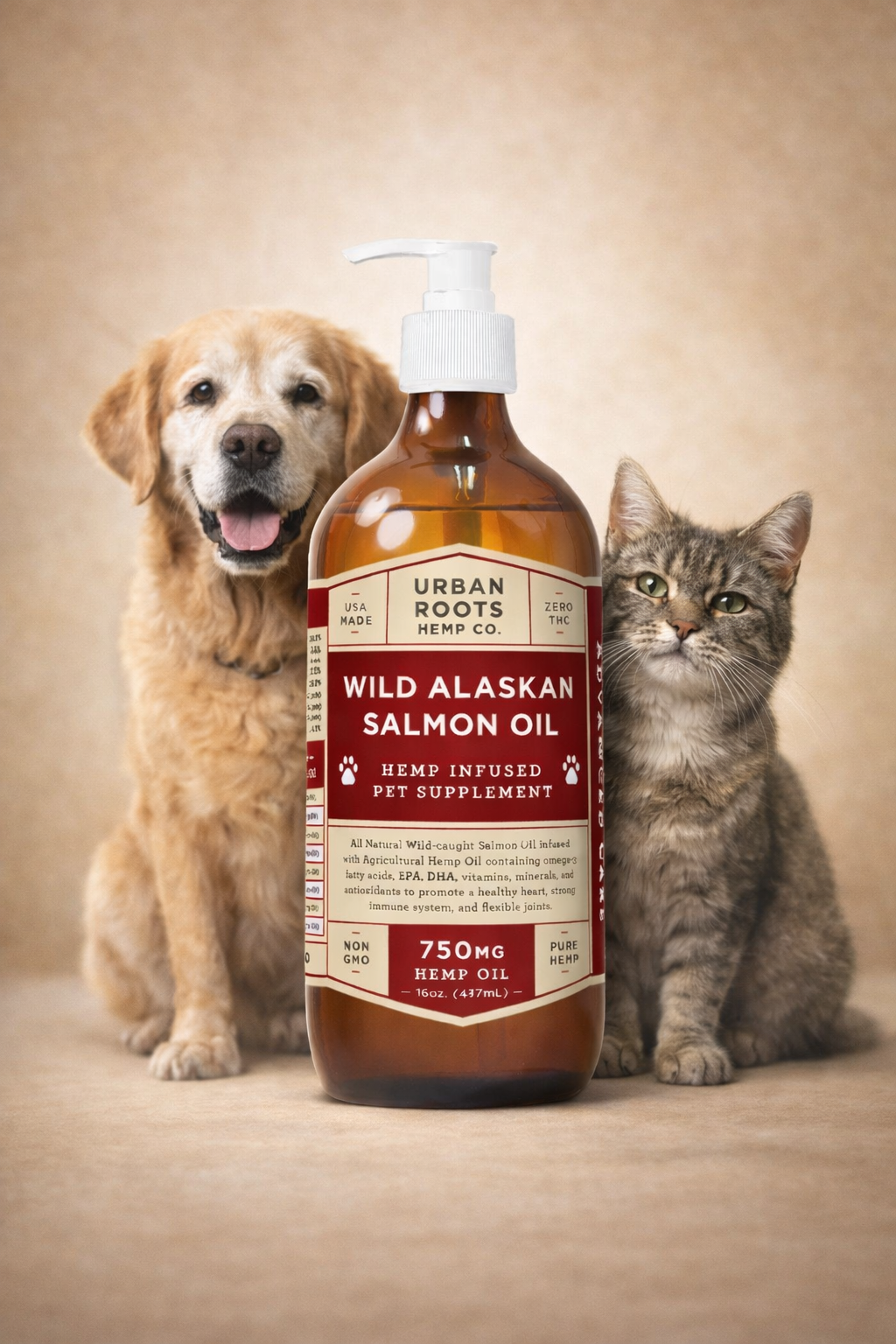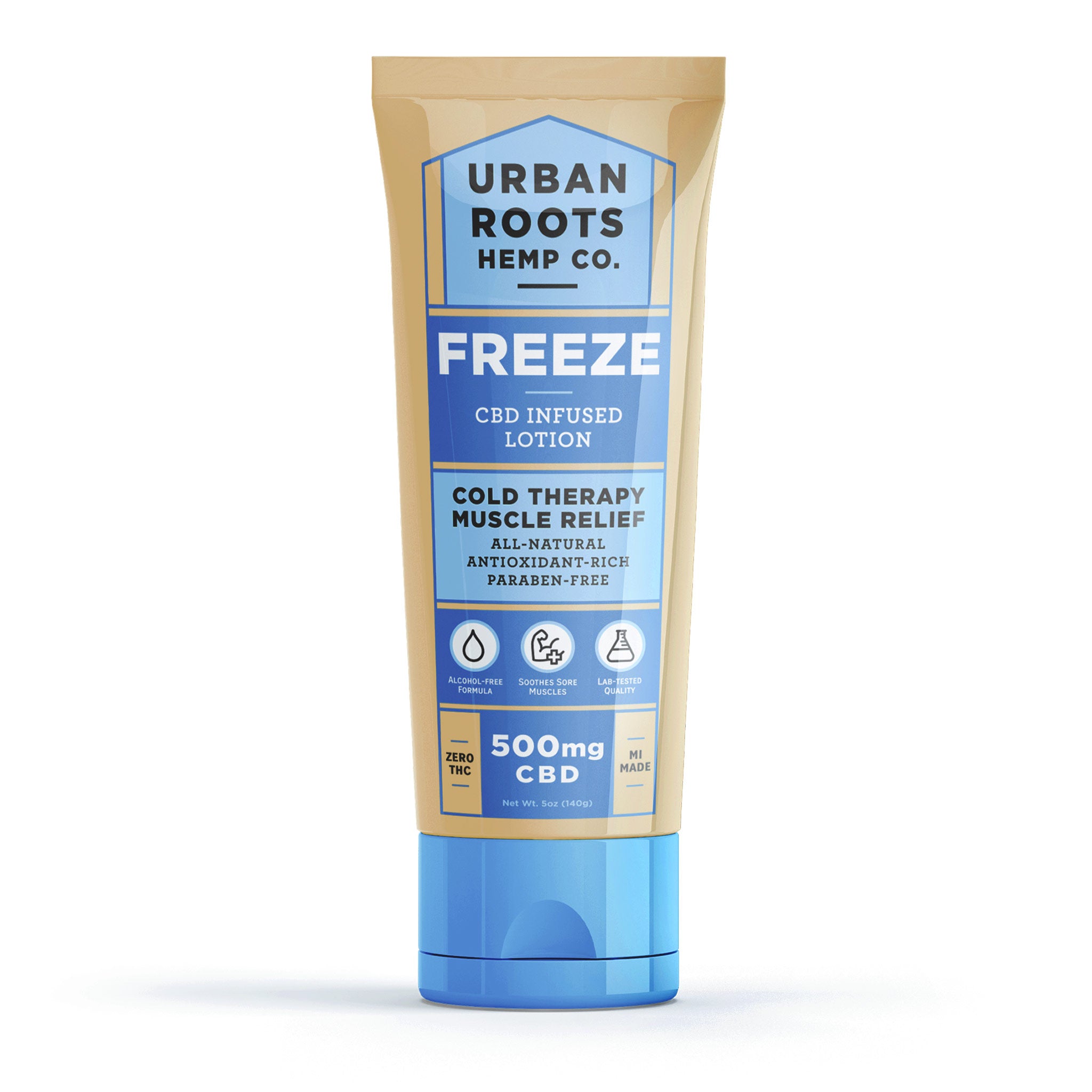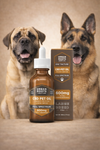What Is Seasonal Depression and How CBD May Help

What Is Seasonal Depression?
If you live in the northern part of the country then chances are you’ve heard of or experienced seasonal depression at one point or another. Officially known as seasonal affective disorder (SAD), this phenomenon is a type of depression that’s related to the changing of the seasons. If you suffer from seasonal affective disorder, then most likely your depression begins and ends at about the same time each year.
Despite some people experiencing SAD in the early spring and summer, the vast majority of people who suffer from seasonal depression experience it in the fall and winter time. According to Mental Health America, around 5% of people in the United States suffer from seasonal affective disorder, and of those, four out of five are women.
Symptoms of Seasonal Depression
Despite often being brushed off and disregarded as a simple case of “winter blues”, seasonal affective disorder is serious and can have detrimental effects on your overall health. Considered a subtype of general depression, symptoms of seasonal depression can include the following:
- Feeling depressed most of the day, nearly every day
- Losing interest in activities you once enjoyed
- Having low energy
- Having problems with sleeping
- Experiencing changes in your appetite or weight
- Feeling sluggish or agitated
- Having difficulty concentrating
- Feeling hopeless, worthless or guilty
- Having frequent thoughts of death or suicide
Causes of Seasonal Depression
The causes of seasonal depression are not completely understood, although it is thought to be related to the reduced levels of sunlight. Less sunlight in the fall and winter months may affect an individual’s serotonin levels, a neurotransmitter that affects mood.
Lower levels of serotonin, in turn, have been shown to be related to all types of depression. Furthermore, studies involving brain scans suggest that people who had seasonal depression in the winter had higher levels of a serotonin transporter protein (which removes serotonin) than individuals who did not suffer from seasonal depression. This would seem to indicate that serotonin levels are directly linked to seasonal depression.
Seasonal Depression and CBD
Alright, why all this depressing talk about seasonal affective disorder? Well, the first reason is because we’re right in the middle of when it begins for the majority of people who suffer from it. And the second reason is because CBD has the potential to possibly help.
There have been several studies undertaken which have suggested that CBD may have a positive effect on anxiety and stress, both of which are related to depression. One study on the benefits of CBD in treating social anxiety disorder found that the group in the study which received the CBD had significantly less social anxiety than the group that did not receive the CBD (the placebo group).
The study concluded that,
“Pretreatment with CBD significantly reduced anxiety, cognitive impairment, and discomfort in their speech performance, and significantly decreased alert in their anticipatory speech. The placebo group presented higher anxiety, cognitive impairment, discomfort, and alert levels when compared with the control group as assessed with the VAMS. The SSPS-N scores evidenced significant increases during the testing of the placebo group that was almost abolished in the CBD group.”
Studies concerning workplace stress have similarly shown that CBD works to bring balance to the body by lowering anxiety and reducing stress induced inflammation. They concluded that CBD can be considered an effective aid in reducing anxiety, work-related stress, and, therefore oxidative stress.
CBD and Seasonal Depression: Effect on Serotonin Levels
CBD may help seasonal depression by working through your body’s endocannabinoid system, nervous system, and serotonin subsystem. Your body’s endocannabinoid system is a network of cannabinoids and cannabinoid receptors that are deeply intertwined with the central and peripheral nervous systems.
The interesting thing is that cannabinoid receptors are found on serotonin neurons, and they're also visible in the corresponding inhibitory receptors. Specifically, CBD is thought to interact with 5-HT1a receptors that control serotonin levels in the brain and body. This leads to the conclusion that cannabinoids may increase serotonin levels in certain conditions, and reduce them in others, providing the balance necessary for proper health.
Deficiency in serotonin is linked to anxiety, depression, and other mood disorders. That’s the reason why drugs aimed at combatting these disorders are often specifically aimed at boosting serotonin, or otherwise preventing its abnormal depletion. The problem with a lot of the drugs typically prescribed, however, is they can often be highly addictive, cause patients to experience strong side effects, or don’t produce much improvement in the condition.
As this article lays out, there have been numerous animal studies and mounting evidence from human experimental, clinical, and epidemiological studies that suggest CBD has powerful anti-depression properties. When administered as needed, it appears safe, well-tolerated, and may be beneficial to treat a number of depression and anxiety-related disorders, including:
- Panic disorder
- Obsessive Compulsive Disorder (OCD)
- Social phobia
- Post-Traumatic Stress Disorder (PTSD)
- Generalized Anxiety Disorder (GAD)
- Mild to moderate depression
How CBD May Help Seasonal Depression
As we mentioned, brains of people who suffer from seasonal depression regulate serotonin in significantly different ways than people who do not suffer from it. Because of how their bodies transport and manage serotonin, sufferers of seasonal affective disorder have decreased levels of this important neurotransmitter, leaving them feeling sad, depressed and generally blue throughout the winter (or summer, in less common cases).
In these situations, because of its regulatory power over serotonin, it is thought that CBD will boost serotonin levels in order to bring the body back to a balanced state or homeostasis.
CBD and SAD: Normalizing Sleep Patterns
A symptom of seasonal depression is often having trouble sleeping. The cause of the poor sleep or the inability to sleep is twofold. First, the depression itself can make it difficult. Second, dark, cloudy, grey winter days and low sunlight exposure tricks the body’s pineal gland and the process of melatonin production goes haywire, throwing off your normal sleep cycle.
This lack of sleep can then have a compounding effect, making people sink even deeper into a depressed state. It becomes a feedback loop that is difficult to escape from. In a similar way to how CBD helps regulates serotonin levels to decrease depression, CBD is also thought to regulate the body’s melatonin levels. This, in turn, regulates the sleep-wake cycle so that a person suffering from seasonal depression can get the normal, unhealthy amount of sleep at night time.
How to Take CBD for Seasonal Depression
There are many different ways to consume CBD in the fight against seasonal depression. No matter which option you choose, it’s important to remember CBD has no known negative side effects. Additionally, CBD has no psychoactive effects (which means that it does not get you high) and will not cause you to fail a drug test.
Tinctures are one of the most popular ways to consume CBD. Typically, they are small bottles of concentrated CBD liquid with a dropper top that allow you to simply place drops of the tincture under your tongue where the liquid contents are directly absorbed into your bloodstream. The remaining liquid is then swallowed. CBD tinctures are more potent than other ingestion methods like edibles which must first undergo digestion before entering the bloodstream.
CBD Capsules are a fast and easy way to digest cannabidiol. The most common form is CBD capsules that consist of oil mixed with an MCT oil such as coconut oil. As well as bulking up the capsule in terms of size, the MCT oil helps the CBD work faster and more effectively.
Both tinctures and capsules allow you to easily control dosage, meaning you can experiment with varying amounts of CBD. Through experimentation, you can see for yourself whether or not CBD helps relieve your seasonal depression.
Looking for a source of high quality, pure hemp-derived CBD? We’ve got you covered at Urban Roots. Want proof? Check out our test results page.










